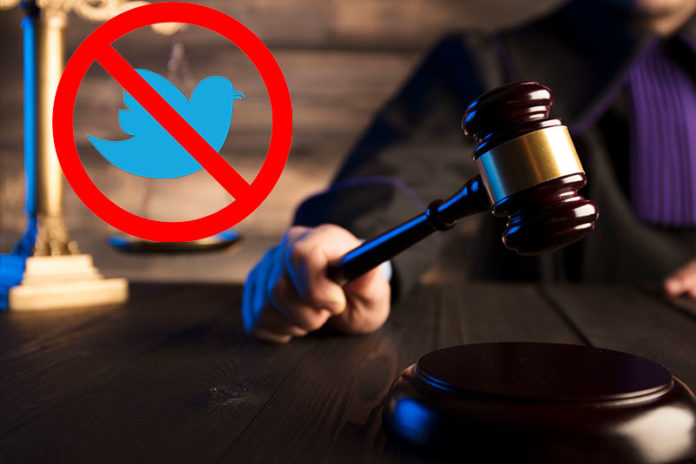On Tuesday, a Federal judge in Manhattan ruled that it is a violation of the First Amendment for President Trump to block people on Twitter.
U.S. District Judge Naomi Reice Buchwald wrote in her ruling that the President’s Twitter account is a “public forum”, and therefore the President cannot block other uses from seeing his tweets. (This is something Trump tends to do pretty often. Among his most vocal critics, it has become almost a badge of honor to be able to say you were blocked by The Donald.) Judge Buchwald also wrote that she expects Trump to immediately “remedy the blocking we have held to be unconstitutional”.
Aside from its political implications, the possible ramifications of a Federal court ruling that Twitter is a “public forum” are astounding.
This could open Twitter, and every other social media service like it, to all kinds of government regulations. Twitter, a private company, could now be subject to First Amendment lawsuits of all kinds.
Because if Twitter is a public forum, it means that anyone banned from Twitter is experiencing censorship, by the legal definition.
So Twitter may soon lose its ability to impose content standards on its users. That means explicit content which has traditionally not been allowed on Twitter may no longer be legally policeable. (Not that Twitter has done a fantastic job of policing such content anyway.)
Twitter could also lose its ability to shut down “bot” accounts run by computers. In 2015 it purged about 10 million “pornbot” accounts, which were accounts set up to automatically post sexually explicit images and videos.
Twitter did this to make its platform more appealing to advertisers. But with the recent Federal ruling, it may lose almost all ability to ban users of any kind without engaging in a long court battle to do so.
Although President Trump does use his Twitter account to discuss official business and make policy announcements, it makes little sense to consider every tweet he sends a “government action.”
The President is legally allowed to have private discussions with his friends and supporters behind closed doors. He is not legally obligated to allow any member of the public to burst into the White House living room and listen in as he discusses politics with his advisors. Why should he be obligated to allow any member of the public to read his tweets?
If a member of the public were to walk into a press briefing and start to cuss him out, the President would be absolutely within his rights to have that person removed by the Secret Service. And that’s true no matter the content of the conversation that was hypothetically going on before the member of the public burst in.
What this judge is saying, in effect, boils down to this: Donald Trump simply has to allow his critics to address him, listen in on his conversations, and attend his proclamations, even when some of those critics address him directly with extremely vehement and inappropriate language.
We would never consider this to be a reasonable expectation for a President communicating via a method other than Twitter. Even when giving an address in a real public forum, like a rally, the President would be within his rights to have disruptive and aggressive persons removed.
Twitter is a form of private communication. Sure, tweets are public. But opening a Twitter account requires you to contract with a private company, and accept the terms and conditions of that contract in order to be allowed to speak through their platform.
Trump should have the right not to listen to, or provide a platform for, his critics. He should not be forced to deal with every petulant leftist on Twitter replying to his tweets with vile insults.































